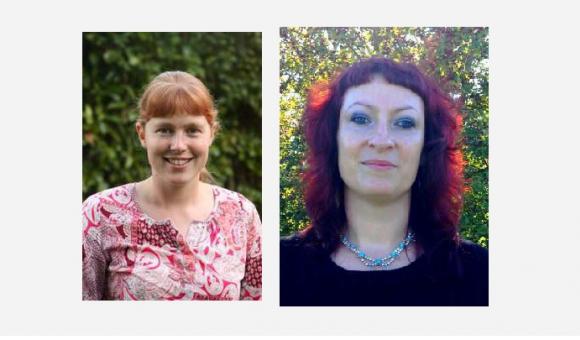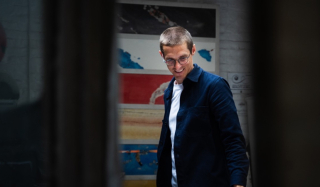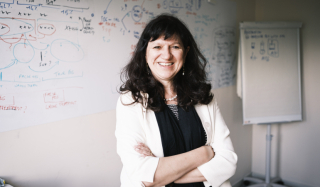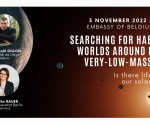
Two researchers from the Université libre de Bruxelles have just obtained a European ERC Starting Grant. Hennie Valkenier-van Dijk, researcher at the Ecole polytechnique de Bruxelles, focuses on transmembrane transport. Birgit Ricquier, on the other hand, researcher at the Faculty of Philosophy and Social Sciences, focuses on the history of the Bantu communities in the Congo Basin.
ORGANITRA and BANTURIVERS are the names of the two new research projects supported by the highly selective European Research Council, ERC. The ERC has just awarded these grants to two researchers of the Université libre de Bruxelles : Hennie Valkenier-van Dijk, researcher at the Engineering of Molecular NanoSystems (EMNS) department of the École polytechnique de Bruxelles, and Birgit Ricquier, researcher at the Centre for Cultural Anthropology (CAC) of the Faculty of Philosophy and Social Sciences.
A membrane ferry
The cell membrane is made up mostly of fats. It is an impermeable barrier that can only be crossed with the help of specific membrane proteins. Hennie Valkenier focuses on the action of these transporters. The ORGANITRA project aims to develop new synthetic molecules that can transport organophosphorus compounds, like nucleotides, across cell membranes. This would allow, among other things, for the insertion of labelled nucleotides into the cells to better study the biochemical processes inside those cells. This system could also be used for pharmaceutical purposes, to administer nucleotide-based medication.
Concretely, Hennie Valkenier-van Dijk and her colleagues are going to use dynamic combinatorial chemistry, i.e. they are going to put together chemical groups (which allow for bonding with nucleotides) on a pre-set template. The different molecules obtained will then be tested to check how they interact with the nucleotides and to assess whether they would be suitable transmembrane transporters for nucleotides.
Tracing the history of the Bantu communities
The Bantu languages are spoken in Central and Southern Africa. They are a subgroup of the Niger-Congo languages. A comparative study of the Bantu languages is a tool to get an insight into how the Bantu-speaking communities are distributed across Africa and what the historical links are between them and other linguistic communities. It also traces the history of the techniques, instruments and knowledge of these riparians.
In her research project ERC BANTURIVERS, Birgit Ricquier aims to study the different Bantu expansions in the heart of the Central African forest, more specifically in the eastern part of the Congo Basin (the Congo river and its tributaries upstream and downstream of Kisangani all the way to Kindu and Bumba). The project will include linguistics, anthropology and archaeology in the study of the past and present riparian communities in the Congo Basin. In addition to the comparative study of the languages of this region, Birgit Ricquier's project also includes anthropological studies on site to get an insight into the trade and/or exchange networks between local communities, the social and cultural aspects of riparian life, ethnoecology and ethnohistory, and archaeology to obtain first-hand data on the history of the first riparian communities along the banks of the Congo river and its tributaries.
To date, ULB researchers have obtained a total of 29 ERC grants: 16 Starting, 5 Consolidators and 8 Advanced. View all their projects here.
Contacts
Hennie Valkenier, EMNS, Ecole polytechnique de Bruxelles, ULB
Birgit Ricquier, CAC, Faculty of Philosophy and Social Sciences, ULB






